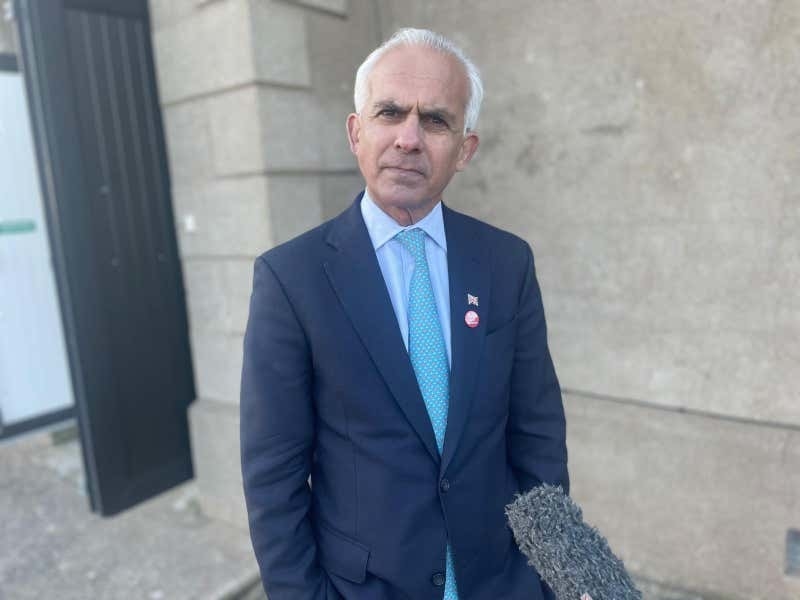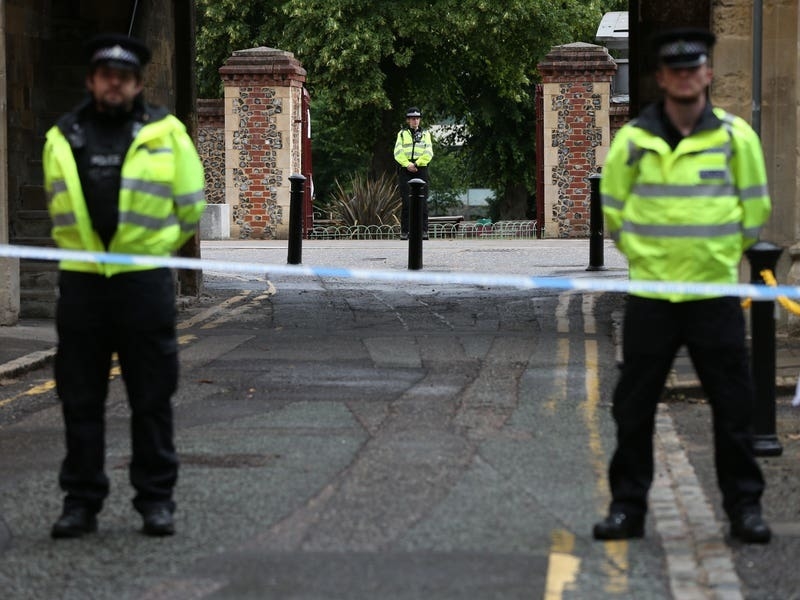The boss of Barclays has cautioned over a “huge income shock” ahead for UK mortgage holders but said households have cut down spending and are paying down debts.
CS Venkatakrishnan, known as Venkat, also said the recent banking turmoil could lead to less lending and more banks looking to merge.
During an interview at the Wall Street Journal’s CEO Council Summit, the banking giant’s group chief executive spoke about the impact of a prolonged cycle of interest rate rises on homeowners and renters.
The typical UK mortgage is a two-year fixed-rate, meaning most people will begin to feel the impact of higher rates when their current deal expires by the end of next year, he said.
“That is going to be about 28% to 30% of their income. So there is a huge income shock.
“Obviously it affects consumption, and that is before you even bring in the other effects of inflation being food and energy, and basic goods and services.”
He said it has already led to a slowdown in consumption for households across Britain.
“They [our customers] are paying down high debt on credit cards – our credit card balances have dropped by about 40%, pre-pandemic to now”, Venkat explained.
He said people are “economising”, with more consumers going from premium brands to generic brands, spending more on essentials and less on non-essentials.
“What you are not seeing yet, except at the very fringes, is credit distress”, he stressed.
The banker also spoke about the recent turmoil in the banking sector, triggered by the failure of Silicon Valley Bank in the US.
He said it could lead to less lending in the longer term as other banks think about selling their portfolios and try to “heal themselves”.

Asked whether the recent US bank failures could be an opportunity for big banks to get bigger, Venkat said: “I think you will see more banks getting interested in some sort of merger.”
Venkat, who recently underwent cancer treatment after being diagnosed with non-Hodgkin lymphoma last year, said he learned lessons from his decision to remain actively involved in running Barclays throughout the treatment.
He said he had to clarify to staff that working through the treatment was not “CEO swagger” and did not mean he expected his own employees to work through illnesses.






